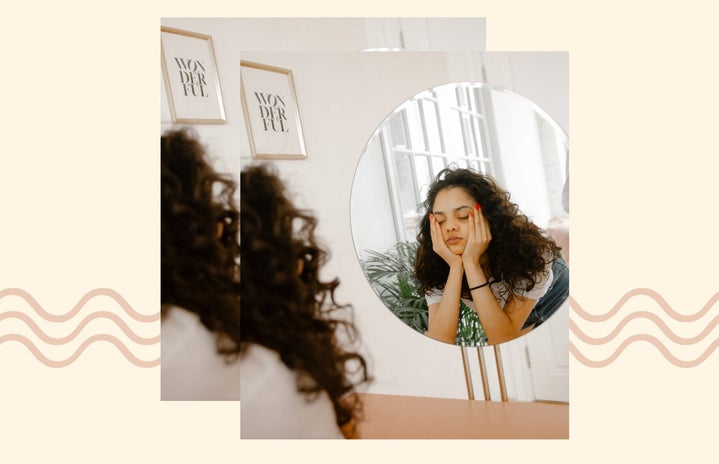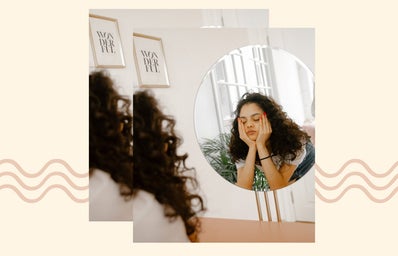Body positivity has exploded on social media in recent years as a response to society’s expectations toward physical appearance. The meaning of body positivity is that everyone, no matter how they look, is beautiful, regardless of what others think. On the surface, there is nothing explicitly wrong with this ideology. It inspires confidence and solidarity with others by fighting against the beauty standard and embracing individuality. However, the notion of body positivity continues to uphold the idea of the beauty standard. This is where body neutrality steps in as an alternate form of self-acceptance.
The harm of body positivity can be described in many ways, but for now, I will use the “flaw” of acne to exemplify one of the problems with the ideology. Body positivity basically says to people with acne that they’re just as pretty as people with clear skin. At first, this statement seems like a great way to boost someone’s confidence. Despite its encouraging tone, this assurance does nothing but reinforce the idea that the person without acne is what we should be comparing ourselves to. “You’re beautiful anyways” and similar phrases simply confirm the existence of problematic features and uphold the standard of beauty that people strive for.
Body neutrality combats this issue by arguing that everyone is worthy of respect whether or not they feel positively or negatively about themselves. As long as your body is doing the best it can to keep you alive, it is valid and so is your identity. Simply existing within your body is the easiest thing you can do, and you shouldn’t feel pressured to celebrate the way you look all the time. Body neutrality is a mentality that encourages confidence not through appearance, but through pure human existence.
Body positivity flourished as a response to the stigmas and discrimination that stem from pretty privilege. Body neutrality has evolved out of the previous movement to foster a culture of acceptance and shared experience. As we progress as a society, we have to keep in mind where our priorities lie. Do we put too much emphasis on feeling beautiful? What happens on the days when we don’t look or feel our best? The body neutrality movement provides a sense of relief from these questions by prompting individuals to free themselves from appearance-based confidence. We are more than our physical features. We have personalities, passions, and a myriad of internal assets that deserve to be celebrated. By practicing body neutrality, you can find confidence in all aspects of your individuality and not feel pressured to fall within the hierarchy of pretty privilege.


